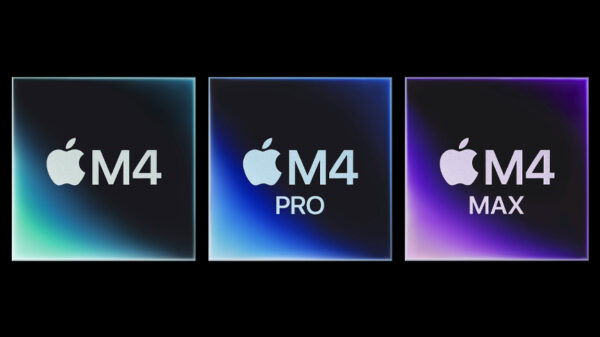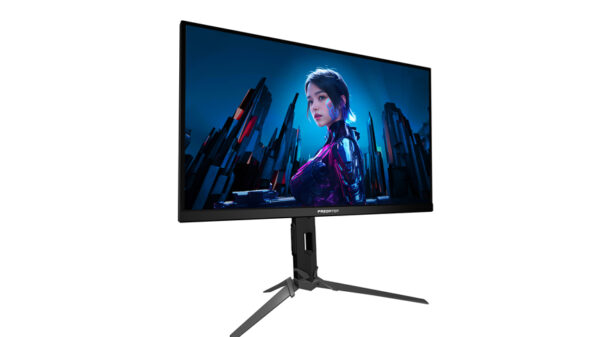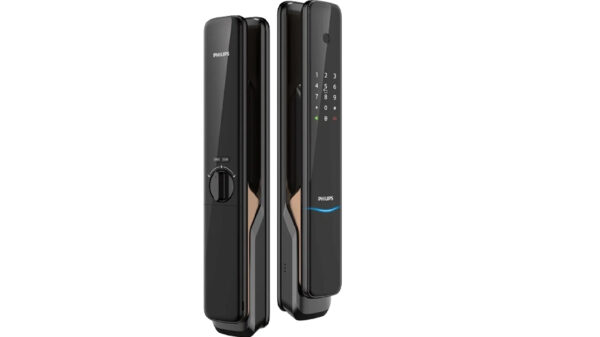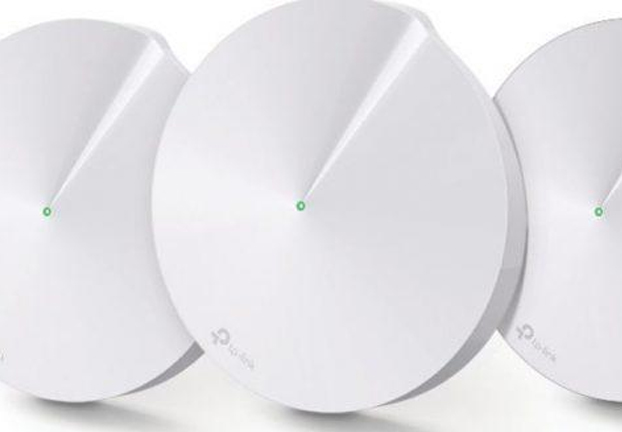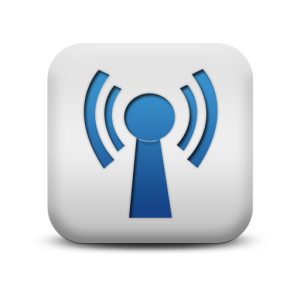 Voting 18-0-0, the Senate today approved on third and final reading the Free Internet Access in Public Places Act (Senate Bill 1277), establishing a program that seeks to provide free access to internet services in public places in the country.
Voting 18-0-0, the Senate today approved on third and final reading the Free Internet Access in Public Places Act (Senate Bill 1277), establishing a program that seeks to provide free access to internet services in public places in the country.
“Students can now easily access the Internet for their studies; families can now frequently contact their loved ones abroad; and public government services requiring Internet connectivity can now be accessed by many),” said Senator Francis “Kiko” Pangilinan, principal author of the bill.
In SB 1277, public places and government offices to be provided with free internet access shall include the following:
- National and local government offices
- Public basic education institutions
- State universities and colleges
- Public hospitals and health centers
- Public parks, plazas, and libraries
- Public airports and seaports
- Public transport terminals
The Department of Information and Communications Technology (DICT) shall be the lead agency to implement the Free Public Internet Access Program and setting standards and qualifications in determining the public spaces and government offices to be included and prioritized.
“Providing free wireless Internet access to our public is a step toward modernizing our country’s Internet connectivity. We thank Sen. Bam Aquino for pushing for the speedy passage of this landmark piece of legislation in the Senate),” Pangilinan said.
The senators who voted in favor of the passage of the bill were Senators Paolo Benigno Aquino IV, Nancy S. Binay, Franklin M. Drilon, Francis “Chiz” G. Escudero, Joseph Victor G. Ejercito, Sherwin Gatchalian, Richard J. Gordon, Gregorio B. Honasan II, Risa Hontiveros, Panfilo M. Lacson, Manny Pacquiao, Francis Pangilinan, Grace Poe, Ralph Recto, Vicente C. Sotto III, Antonio Trillanes, Cynthia Villar, and Miguel Zubiri.
Cut thicket of regulations
“DICT-maintained Wi-Fi spots are mushrooming all over the country,” says Senate President Pro-Tempore Ralph G. Recto. “By end of the year, it is projected that 13,024 sites covered by 18 Points of Presence in 1,489 towns and 145 cities are up and running.”
Senator Recto noted the funding came from the P4.8 billion appropriated since 2015.
“Much remains to be done. For this year and next, 1,880 public elementary schools, 2,688 public high schools, and 682 state colleges are targeted for connection,” said Senator Recto.
Overall, the aim is to roll out 23,631 sites by 2018, expanding it four-fold to 100,349 by 2026, according to Recto.
“If we want a thousand Wi-Fi spots to bloom, we must cut the thicket of regulations choking its growth. Permitting problems encountered by DICT contractors and telcos in putting up facilities must be ended in one declogging sweep of administrative bottlenecks,” said Recto.
According to Recto, the bill prescribes the following:
* The DICT shall streamline the process for the application, renewal and release of permits, licenses and clearances needed for the construction of infrastructure or installation of equipment.
* Licenses and permits must be approved and released within seven days after submission of complete requirements and payment of the corresponding fees.
* The DICT shall prohibit any unfair methods of competition and exclusivity arrangements in favor of a single telecommunications entity.
* The DICT, in coordination with the National Telecommunications Commission, shall be allowed the use of available and unassigned spectrum for the Free Public Internet Access Program.
* The excess capacity of private sector partners may be offered to deliver supplemental internet access service for a reasonable fee.
* To lower costs, increase and improve the free internet access for public spaces, private service providers are encouraged to exchange data traffic at domestic internet protocol (IP) exchanges, which may be designated by the DICT.
* The NTC shall provide minimum standards for quality of service, including but not limited to download speed, latency, packet loss, and jitter for public free internet service.
* The minimum quality of service standards for free public internet access services shall not be lower than minimum quality of service standards provided for retail basic internet connectivity services offered to the public.
According to House Majority Leader Rodolfo Fariñas, the free Internet access counterpart bill in the House of Representatives is set to be approved on second reading on March 15. He added that the said bill is set to be approved on third and final reading when session resumes on May 2.


